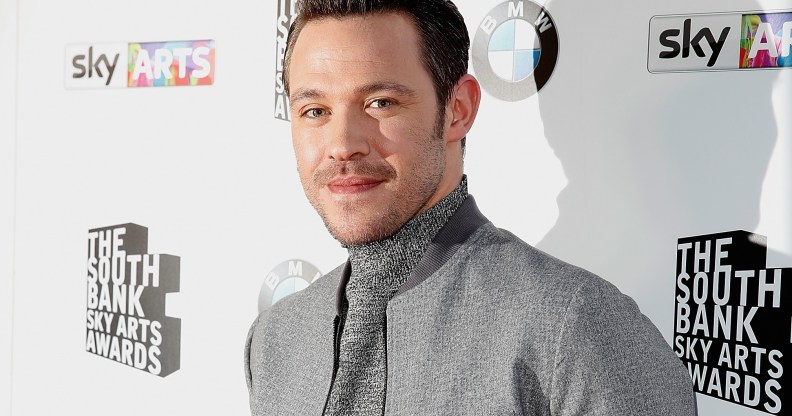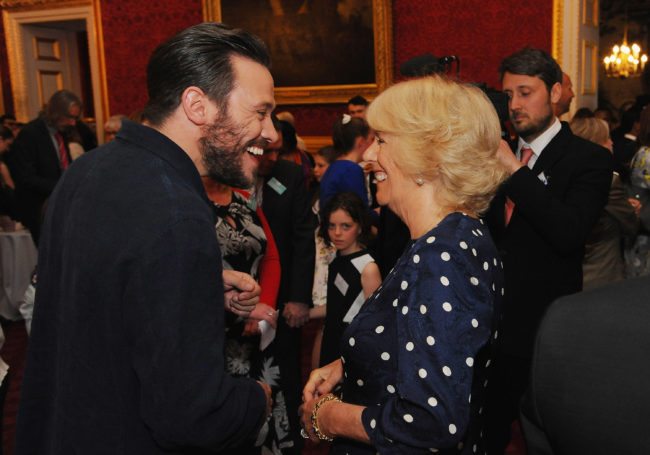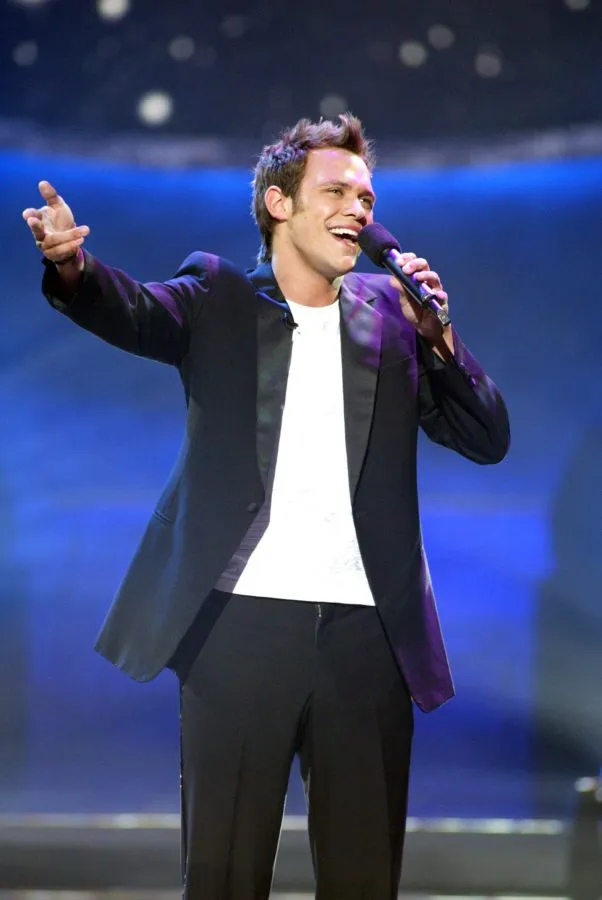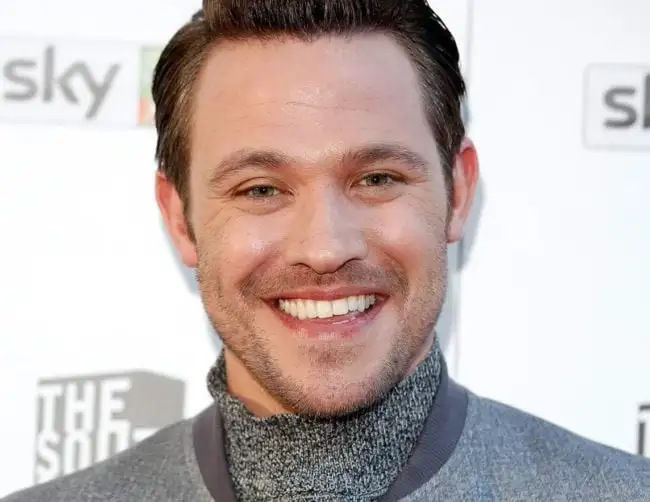World Mental Health Day: Will Young on overcoming gay shame

Performer Will Young came out in 2002 (John Phillips/Getty)
Improving mental health among LGBT+ people means tackling gay shame. That was my biggest personal challenge, too.
Growing up in a patriarchal and heteronormative society, I’ve had to deal with people saying that being gay was wrong.
In the workplace, where nearly three-quarters of LGBT+ people have reported experiencing mental health issues, I had people trying to convince me not to make any overt statements about my sexuality, even though I was an out gay man—they effectively tried to neutralise me.
I have also been homophobically abused on the radio, and on the street.
Gay shame, and the avoidance of gay shame, is often what drives LGBT+ people to toxic and unhealthy behaviours such as addictions, either in the form of drugs, or sex addiction, or being a workaholic, a perfectionist, a shopaholic.
After years of having shame being pushed onto you as a young LGBT person, that has to be reversed. I have had to work on it and now, as a 39-year-old man, I can recognise gay shame and handle it accordingly.

“It gets better, but there’s no fast-track” (Eamonn M. McCormack – WPA Pool/Getty)
It gets better, but there’s no fast-track.
When I asked my first therapist what was the aim of our sessions, she said the goal was to become a functional adult.
That phrase—being a functional adult—evoked a sense of mastery, being able to steer the ship. That’s how I feel about myself so that everything else—work, social life, spirituality, relationships—falls into place.
Where I am now is where I am meant to be. I feel excited about everything I’ve done and what I might do. I’m excited about how people’s lives can continue to get better and better, and I do everything I can to put that message out there.
If someone had told me 20 years ago this is where I’d be approaching my 40th birthday I would have believed it, because that’s what I really wanted. But I wouldn’t have believed I would be so content as a gay man.
I wasn’t ‘out’ to myself, I wasn’t out to others, I wasn’t happy with that, I didn’t know how it was going to happen.

Young performing on Pop Idol in 2002 (Kevin Winter/ImageDirect/Getty)
It didn’t even seem possible that I could say the word “gay,” let alone attribute it to myself. I felt very isolated, there weren’t many gay role models.
Fortunately, things have improved in the past two decades. We have far more legislation in place to support and protect LGBT+ people, but there is still a long way to go, especially for young people.
We have to look at the language that is being used. We have to be aware that people hijacking “gay” as a term to mean wrong or other than the norm, is seriously damaging to young LGBT+ people’s mental wellbeing.
Discrimination still occurs. A survey of young people in the UK released in June found 62 percent of LGBT youth have experienced suicidal thoughts as a result of bullying—this is a problem that has to be properly, and urgently, addressed.

“Discrimination still occurs” (John Phillips/Getty)
Patriarchal social norms valuing a certain, stereotypical form of masculinity are a big part of that problem. There is a misconception that you can’t be sensitive and be a man. In fact, if you’re sensitive you’re called “gay.”
As Owen Jones said on my podcast Homo Sapiens, the biggest amount of homophobia in schools is against straight pupils.
Talking about LGBT+ people in school is beneficial to everyone’s mental health because it shows you can be yourself, you don’t have to be this heteronormative stereotype.
Yet there is latent homophobia in this country that often objects to discussions around a person’s sexuality as some perverse thing that children should be shielded from, instead of seeing it as a matter of love.
Programmes such as No Outsiders, spearheaded by a wonderful assistant headteacher in Birmingham, Andrew Moffat, should be placed in schools all across the country. They teach people you can have your beliefs, and you can’t judge other people for their beliefs.
We can’t expect people to change, let’s just recognise we all have our differences and we choose to love different people.
Will Young is a BRIT Award-winning singer, broadcaster and actor.
Young is the keynote speaker at the 2018 LGBT Leaders conference for LGBT+ graduates in London on October 12 and 13.

